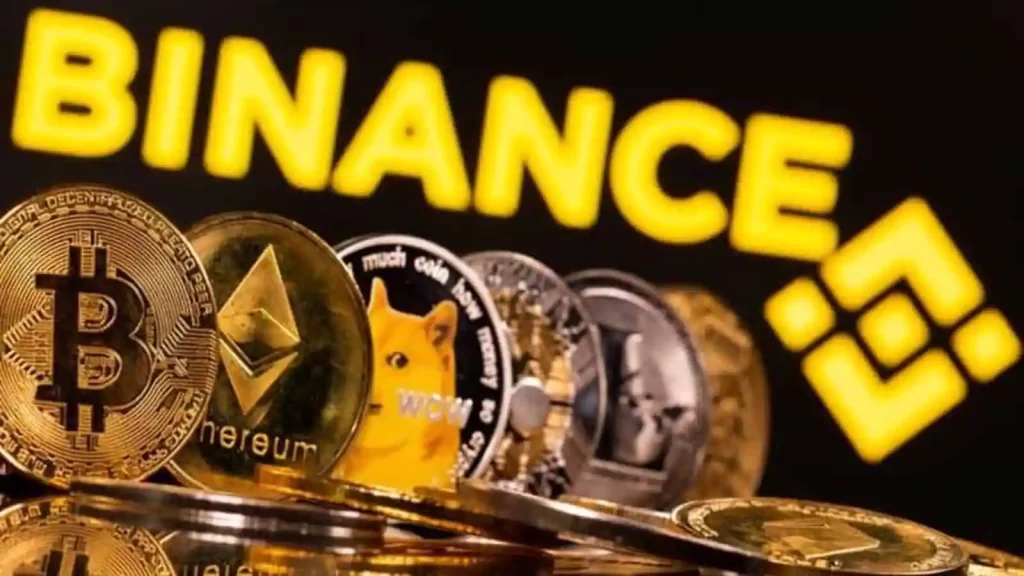The North American Securities Administrators Association (NASAA), a consortium of securities regulators from North America, recently expressed its stance on digital assets.
In a filing on October 10 in the United States District Court for the Southern District of New York, NASAA supported the U.S. Securities and Exchange Commission’s (SEC) assertion that digital assets should not receive any preferential treatment under securities laws.
This perspective emerges in the wake of a lawsuit filed by the SEC against Coinbase in June, in which the crypto exchange was accused of breaching federal securities regulations.
Coinbase retorted, asserting that its digital assets and related services shouldn’t be categorized as securities and accused the SEC of overstepping its boundaries.
However, NASAA’s general counsel, Vincente Martinez, defended the SEC’s stance, stating that it wasn’t “novel or extraordinary.”
He emphasized that the SEC’s viewpoint aligns with its longstanding public stance and remains well-grounded in existing laws.
READ MORE; Hacker Exploits Media Coverage of Bankman-Fried’s Trial to Conceal $400M FTX Heist
Central to the lawsuit is the Howey test, which determines what constitutes an investment contract. Coinbase contests that digital assets don’t meet the full criteria of this test.
Yet, Martinez believes the Howey test is versatile enough to account for technological progress in securities markets, such as securities traded on blockchains.
He urged the court to dismiss Coinbase’s attempt to misinterpret established laws to dodge regulatory responsibilities.
Furthermore, Martinez critiqued Coinbase’s reference to the “major questions doctrine,” which posits that the SEC requires congressional authorization on matters of substantial political or economic gravity.
Challenging Coinbase’s portrayal of the digital asset sector as a vital segment of the American economy, Martinez countered that most digital assets, barring a few exceptions, lack a practical economic purpose beyond speculation.
He remarked, “As a class of assets, digital assets are not economically useful.”
He also accused Coinbase of exaggerating the magnitude and relevance of the digital asset industry, especially the segment under securities regulators’ purview.
Concluding, NASAA, comprising 68 members including securities regulators from all U.S. states and several from Canada, Mexico, and U.S. territories, joined the SEC in urging the court to reject Coinbase’s motion to dismiss the lawsuit.
Martinez highlighted the significant interest of NASAA and its members in the case’s outcome.
Other Stories:
Prosecutors Challenge Defense Over FTX Funds in Bankman-Fried’s High-Profile Trial
Why Developers Should Seriously Consider Building on EOS EVM with v0.6.0 Release
EU Mulls Tighter Regulations on Major AI Systems, Mirroring Digital Services Act Approach









